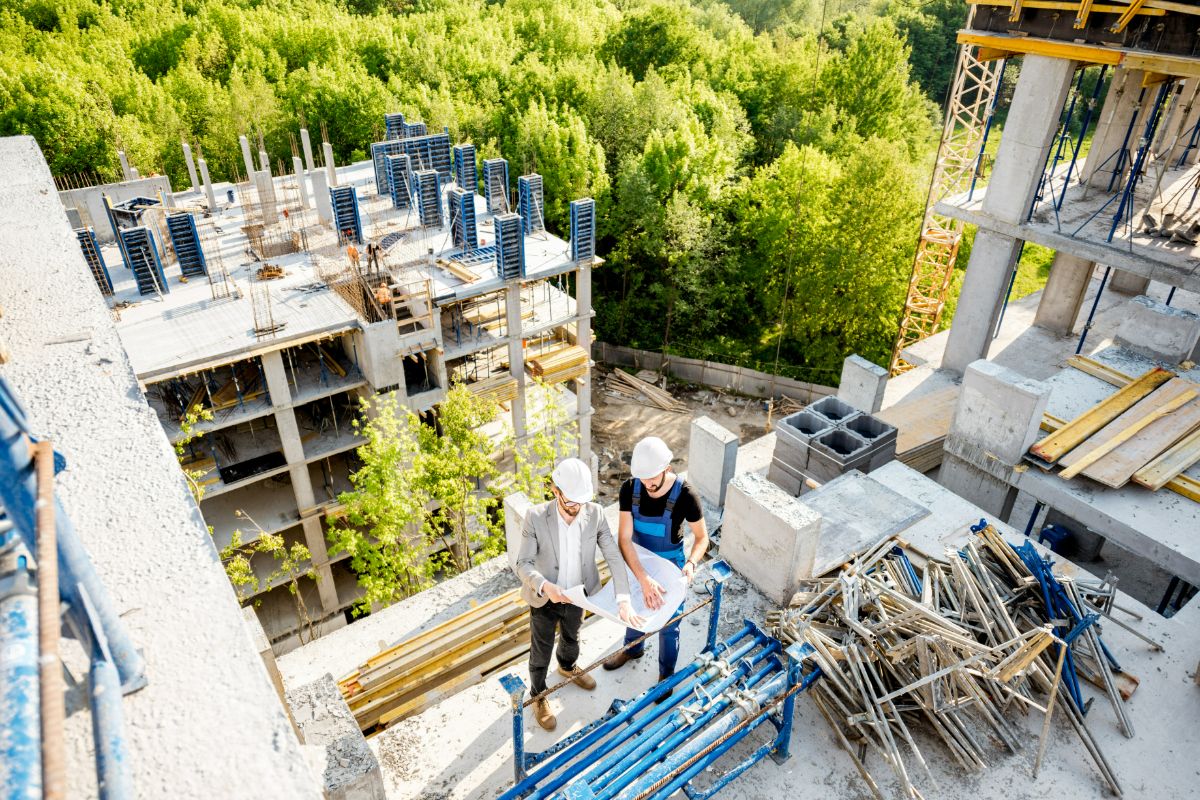

Overview
- The construction industry in the Philippines transforms raw materials into safe and functional living spaces, contributing to infrastructure development and providing comfortable housing.
- It generates employment opportunities for millions of workers and serves as a vital source of government revenue through taxes and fees, supporting various development projects.
- The industry fosters innovation and technological advancements through the use of modern tools and machines, driving progress and improving construction practices across sectors.
The Philippine Statistics Authority (PSA) sees the pivotal role played by the construction industry in the country’s economic growth. With a remarkable growth of 10.8% in Q1 2023, this showcases its resilience. Furthermore, the total gross fixed capital formation also experienced a growth of 14.3%. This emphasizes their contribution to investment and infrastructure development.
This article explores the importance of the construction industry. By examining this, we can understand how this industry creates job opportunities, supports infrastructure development initiatives, and more.
This industry fulfills the basic need for safe and comfortable living spaces by transforming raw materials into buildings. For instance, in the construction of a high-rise real estate development, the process involves several steps.
The first step is laying the foundation, which provides a strong base for the building. Next, a steel framework is erected, providing structural support. Concrete is then poured to form the floors and walls. Glass panels are installed to create windows and enhance the building’s aesthetics. Finally, interior finishes such as flooring and fixtures are added, resulting in a complete and habitable structure.
This demonstrates their importance in providing functional and visually appealing spaces for people to live and work in.

It is responsible for constructing essential infrastructure, such as roads, bridges, offices, and public facilities. This allows people to commute, conduct business, and access public amenities like parks and malls.
Additionally, it provides houses for individuals who may not have the resources to construct their own homes. This is through affordable housing initiatives and construction projects. Let’s take the Philippine Department of Human Settlements and Urban Development (DHSUD) for example. They aimed to address the country’s housing deficit by constructing six million affordable units by 2028.
The project aims to tap into private sector funds to benefit minimum wage earners and families living in high-risk areas, reducing the number of informal settlements.
They also offer a range of job opportunities, from foremen and superintendents overseeing projects to carpenters, masons, and electricians performing hands-on work.
In the Philippines, the industry employs over two million workers. They can build everything from houses to infrastructure like airports, highways, and more. This generates income and reduces unemployment.
However, it is crucial to address the risks faced by workers, such as hazardous conditions and musculoskeletal disorders, to ensure their well-being and sustain a thriving industry.

The construction industry is not only influential for infrastructure development but also serves as a vital source of revenue for the government through taxes, fees, and other charges. These can be utilized by the government for various development projects, such as funding infrastructure improvements, public services, and other initiatives.
In 2022, they accounted for approximately seven percent of the country’s gross domestic product (GDP). Despite facing challenges due to COVID-19, this sector is projected to experience growth in the upcoming years as the economy thrives to recover.
Characterized by constant innovation and technological advancements, the construction sector is driven by the use of modern tools and machines. These are wheel bulldozers, front loaders, dump trucks, backhoe loaders, graders, crawler dozers, compactors, excavators, forklifts, concrete mixed trucks, and more.
These tools are essential in various tasks, such as drilling, hauling, excavation, paving, grading, lifting, and more. By developing and adopting new technologies and techniques, the industry contributes to the overall advancement of innovative practices across various sectors.
These are the importance of the construction industry in the Philippines. They’re a vital pillar of economic development, driving growth, creating employment opportunities, and contributing to infrastructure advancements. It shapes cities, improves living standards, and fuels innovation. A strong construction sector is essential for sustainable development and fostering socio-economic progress in the country.
Take the first step towards a successful construction project in the Philippines by partnering with Big Ben. Our full-service solutions make us a reliable and professional choice. Contact us today and experience the difference that Big Ben can make in delivering quality construction services tailored to your needs. Let us build your vision together.